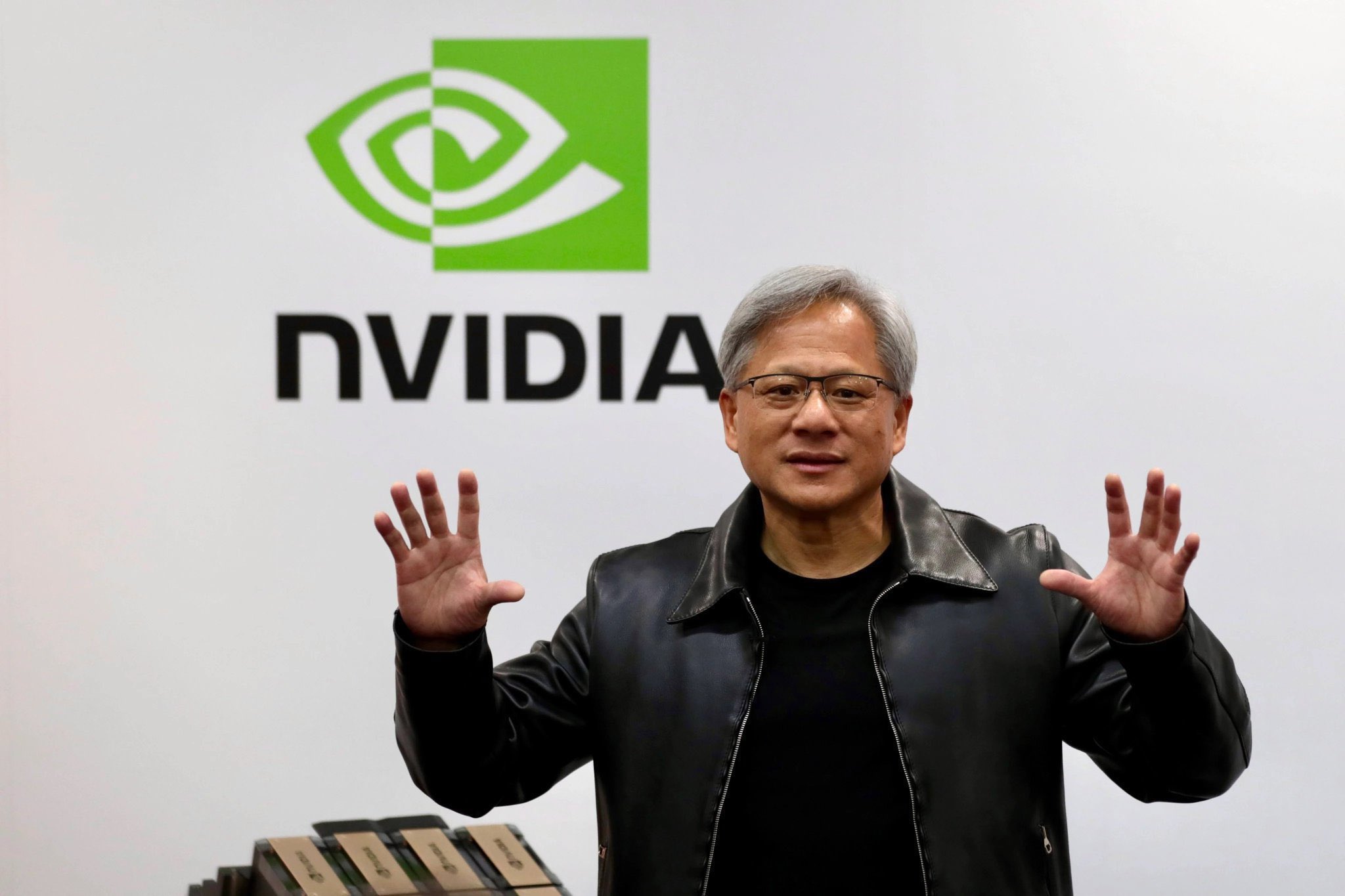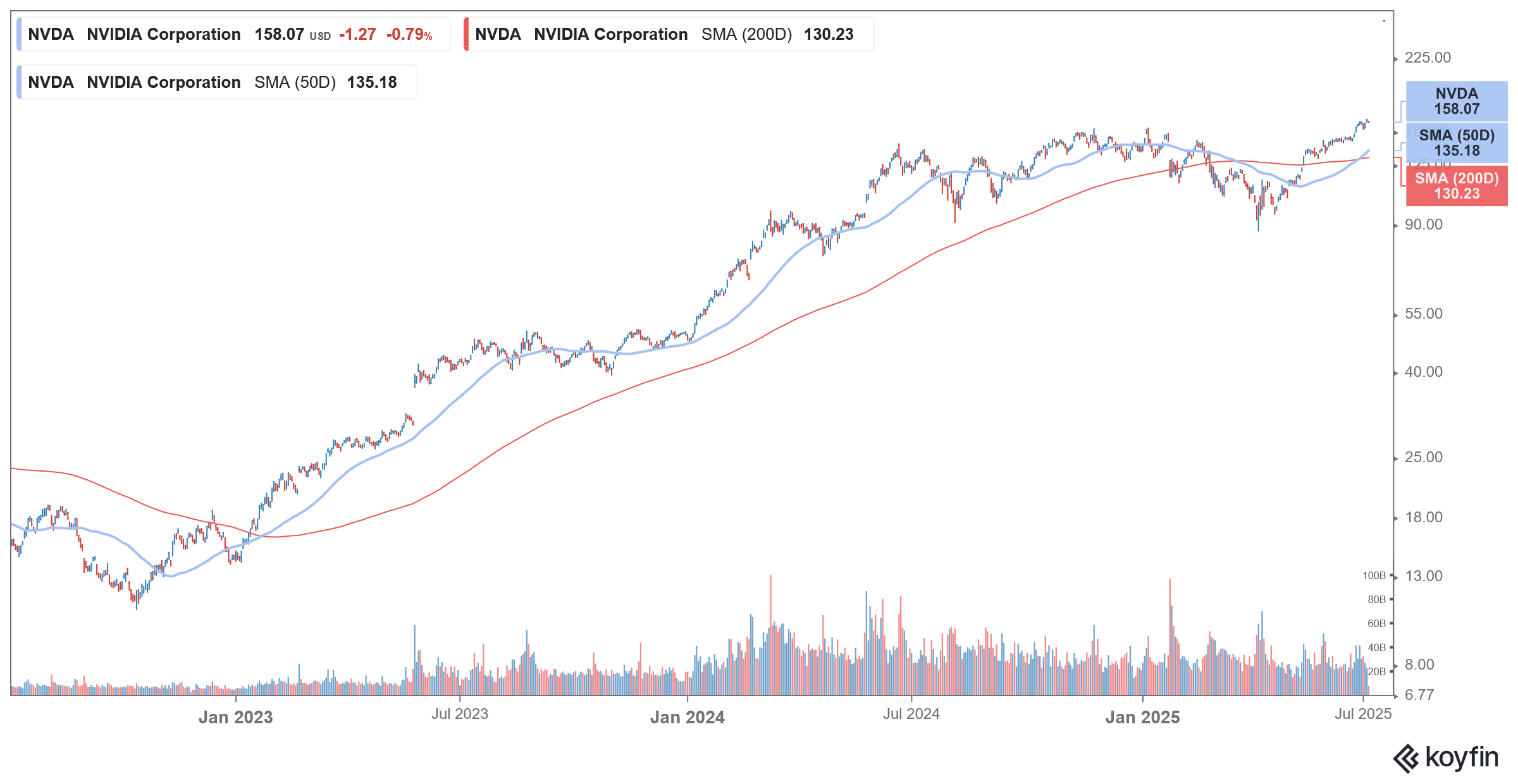
Bloomberg reported that the is reportedly considering imposing new restrictions on the export of advanced Artificial Intelligence (AI) chips to Malaysia and Thailand. This potential move is part of a broader strategy by the US government to prevent China from acquiring sophisticated AI semiconductors through intermediary countries, thereby circumventing existing export controls.
The US could curb AI chip exports to Malaysia and Thailand
Sources familiar with the matter indicate that a draft rule from the US Commerce Department aims to tighten controls on shipments of powerful AI processors, such as those made by Nvidia, to these two Southeast Asian nations. The concern stems from the possibility that these chips, once in Malaysia or Thailand, could be rerouted or provide remote access to AI computing power for Chinese entities.
The US already has chip control restrictions on China
To be sure, the US already has AI chip restrictions in place for China. The restrictions were originally imposed by the Biden administration and the Trump administration has only tightened the screws after it restricted the exports of Nvidia’s H20 chips that the company had specifically designed for China.
Thanks to the restrictions on H20 exports, Nvidia booked a $4.5 billion charge related to excess inventory and purchase obligations of H20 products. This significantly impacted the reported gross margin and earnings per share. Excluding this charge, the non-GAAP gross margin would have been a healthier 71.3%.
On multiple occasions, Nvidia has warned that its long-term competitiveness in China, which accounted for 20% of its data revenues before the ban, might be negatively impacted, and it would lose out on business in the country.
Nvidia has said that US export control restrictions have “failed” and are instead counterproductive as they are spurring innovation in the country. So far, Nvidia has had an almost monopoly in the AI chip market. However, Huawei’s latest GPU, if it indeed turns out to be as powerful as what the company is claiming, could be a major threat to Nvidia.
Chinese companies are also developing AI chips
Nvidia CEO Jensen Huang has repeatedly stated that if the US restricts its own technology companies from operating in China, Huawei is well-positioned to fill that void. He believes that Huawei will effectively “have China covered” in terms of AI technology, building out its own ecosystem. This highlights his concern that US sanctions, rather than hindering China’s AI development, might actually accelerate Huawei’s rise as a domestic alternative.
Notably, Huawei faced crippling US sanctions in the past. However, the Chinese tech giant managed a chip breakthrough despite these sanctions. The company’s smartphones working on these chips are quite popular with Chinese consumers, and its soaring sales are coming at the cost of iPhone sales in the country.
China might be circumventing the US AI chip control restrictions
Meanwhile, allegations of China circumventing US AI chip export restrictions have been around for quite some time now. For instance, a surprisingly large percentage of Nvidia’s revenue is billed to Singapore addresses, making it the company’s second-largest market after the US in some quarters.
However, Nvidia has clarified that these are often “bill to” locations and not necessarily the final “ship to” destinations, stating that actual physical shipments to Singapore are insignificant. This discrepancy has fueled speculation that Singapore is being used for invoicing purposes before the chips are ultimately rerouted.
Singaporean authorities have launched an independent investigation into a fraud case involving Nvidia AI chips. Three men, including a Chinese national and two Singaporeans who are executives at a Singapore-based tech company (Aperia Cloud Services), have been charged with fraud. They are accused of misrepresenting the end-users of advanced server equipment containing Nvidia chips.
The servers were reportedly sent from Singapore to Malaysia, but their ultimate destination remains unknown, raising suspicions that they were intended for restricted markets like China.
The significant revenue billed to Singapore, coupled with the ongoing investigations, has led to accusations of a “Singapore backdoor” being used to funnel restricted Nvidia chips into China. While Nvidia denies direct involvement in any circumvention, the situation highlights the complexity of global supply chains and the challenges of enforcing export controls.
There’s an apparent tech war between the US and China
There’s an apparent AI and tech war between the world’s two biggest economies, and the US has been trying to restrict exports of high-end tech products to China. China has often been accused of copying Western technology through illegal smuggling and spying, a claim the country invariably denies.
Amid growing AI competition in China, allegations of Chinese companies copying models from domestic peers have also been cropping up. In a most recent case, there are allegations that Huawei Technologies Co.’s research lab relied on models from other companies like Alibaba and DeepSeek to develop its Pangu platform.
Huawei, meanwhile, denied these allegations and said, “We strictly adhere to the requirements of open-source licenses, and clearly mark copyright statements in the relevant source files.” The company added, “We welcome and look forward to in-depth and professional discussions on technical details with everyone in the open-source community.”
Importantly, Huawei’s AI model is trained on Ascend chips, which are seen as a challenger to Nvidia’s AI accelerators.
Citi raises Nvidia’s target price on sovereign AI opportunity
While Nvidia shares are trading lower today on fears of further US export restrictions, Citi raised its target price on the Santa Clara-based company to $190, expressing optimism over higher demand from sovereign AI.
Huang has been a big proponent of sovereign AI and has compared AI to fundamental public utilities like electricity or the internet. He argues that for a nation to thrive in the future, it must have its own AI capabilities, just as it needs control over its power grid or communication networks.
Nvidia is actively partnering with governments and companies worldwide to facilitate the development of sovereign AI. He has toured various countries, including those in Europe, the Middle East, and Asia, announcing investments and collaborations aimed at helping nations build their own AI ecosystems. This includes deals for providing chips, developing cloud platforms, and supporting AI skill training.
In their note, Citi analysts wrote, “We believe sovereign demand is already contributing up to billions of dollars in 2025″ and predict the number to rise further next year.


Question & Answers (0)